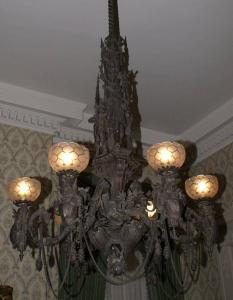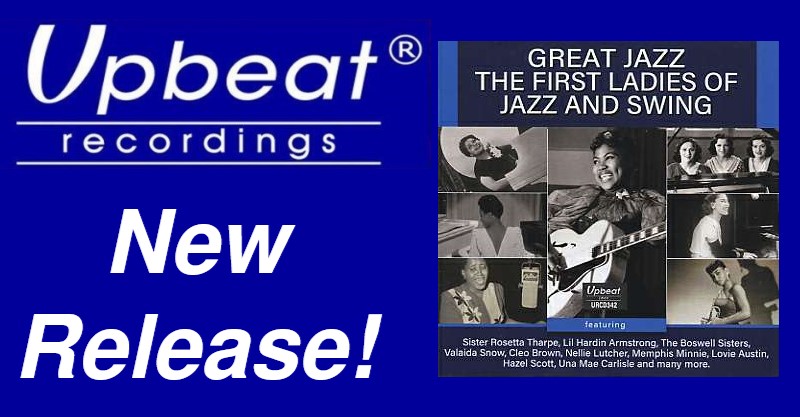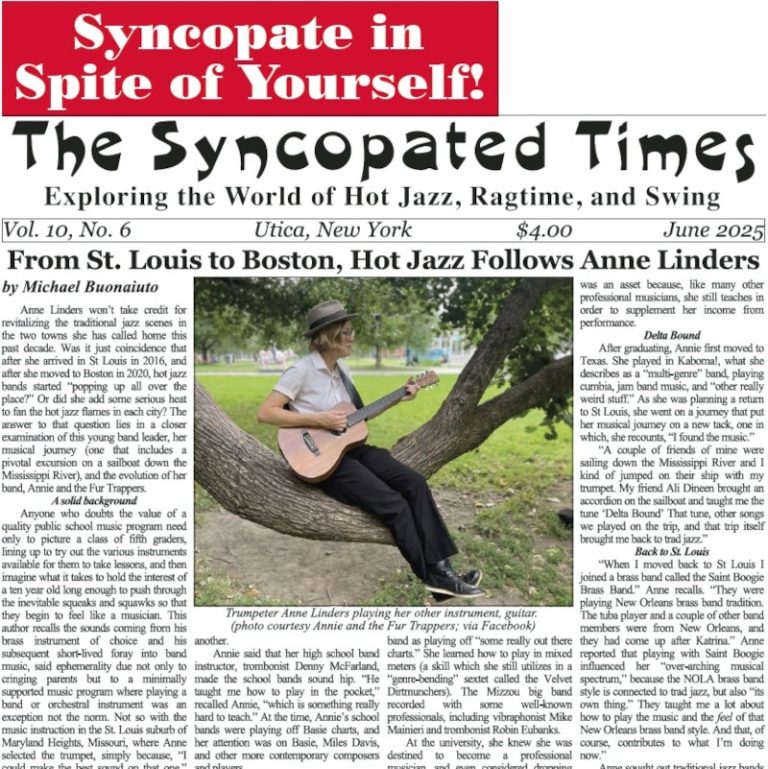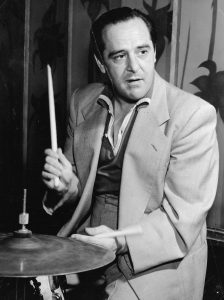Ingrid Bergman and Charles Boyer in a Screenshot from the trailer of Gaslight (1944) (Public Domain)
Having spent my childhood and an unconscionable portion of my adulthood in an unremarkable suburban ranch house, 20 years ago I was delighted to move into a rambling brick Victorian mansion boasting all the character that my former domicile lacked. The building (which also contains the editorial office of The Syncopated Times) challenged and inspired my wife and myself with its quaint plumbing, its fanciful wiring, and its refreshing lack of bland modernity. The change was from Hanna-Barbera to Charles Dana Gibson; from Space Age to Gilded Age.
Despite its attendant inconveniences, the move was mostly salubrious.
 There were surprises. When at last I decided to replace the tacky Colonial chandelier in the dining room with something more stylistically appropriate to the vintage of the house, I discovered that the electric fixture was suspended from a fitting that capped the gas line which had originally provided illumination to the room. If we were luddish enough to want to install gas lighting, I’m certain the line would still provide the means for us to do so.
There were surprises. When at last I decided to replace the tacky Colonial chandelier in the dining room with something more stylistically appropriate to the vintage of the house, I discovered that the electric fixture was suspended from a fitting that capped the gas line which had originally provided illumination to the room. If we were luddish enough to want to install gas lighting, I’m certain the line would still provide the means for us to do so.

So much for actual gas lighting, with its attendant heat and danger, and its necessitating a delicate touch with a (radioactive) Welsbach mantle. That hazardous enterprise is still friendlier than its metaphorical version: gaslighting, in the sense of trying to convince someone that what they know to be true is wrong. The term is derived from the play and film Gas Light, in which a husband is intent on convincing his wife that she is going insane, even to the point of assuring her she is “imagining” the gas light in the house is dimming.
The concept of gaslighting predates the word or even the original stage play. In Duck Soup, Chico Marx says, “Who are you going to believe—me, or your own eyes?” It is, regrettably, an increasingly useful term to describe the psychological manipulation that is practiced on the vulnerable and the unwary at every level from the intimately personal to the national and worldwide. All trades, professions, and vocations are known to dabble in it. All who do so profess their innocence and virtue and claim that the opposition is cheating and lying.
I don’t back an ideological dog in any partisan fight, but it is worth noting that on the day before I write these words, Rudolph Giuliani, former mayor of New York City and current attorney to the President, actually said, “Truth isn’t truth.” Meanwhile, The New York Times recently felt compelled to erect a massive corner billboard stating, “Truth. It’s more important now than ever.” Those are pretty words, but ultimately self-serving; they do not reflect the bias and omissions of which the NYT has been credibly accused by commentators and other news sources.
The July 2018 issue of The Syncopated Times republished a public Facebook post by Dan Levinson which revealed the NYT’s article about the annual Scott Joplin graveside service to be fraught with grievous omissions; it notably lacked the names of the bandleader (Levinson) and the other musicians. And within the past week of this writing, 300 newspapers joined forces to editorialize that journalists were not The Enemy of the People. Even though I swing a keyboard as editor and publisher of this periodical, and I have had the word “journalist” thrown at me as an epithet, I couldn’t jump on that particular bandwagon.
I don’t feel like I’m an Enemy of the People—at least not most people. But I have seen the sausage being made. Journalism is its own fraternal and (self) protective order, not unlike the police or the priesthood. Journalists are expected to cover for each other, sometimes at the expense of the truth and the public interest.
So, whom can you trust?
The Syncopated Times does have an agenda. It has often been stated: we celebrate ragtime, hot jazz, and classic swing, both in historical recordings and as kept alive in performance. We strive to be a source of accurate information about the music we love; to offer engaging commentary; and to be a source of surprise and delight to all who turn these pages, reflecting the spontaneous joy of the music we celebrate.
That being said, I have had work submitted to me that contained factual errors; generally I am able to fact-check and make corrections as needed. Anyone can (and does) get a date or a name wrong. It’s not even worth mentioning to the contributor—and I usually don’t.
What is more troubling is when I detect the dimming of the lights, and sense that my concerns are being casually dismissed. This happened as I prepared the current issue. I discovered that I had received an item that was the opposite of the truth. Sometimes while editing I miss the forest for the commas, and so it took a second reading for me to see what was wrong—in this case, all of it.
I really hate being lied to. Even more than that, I hate passing on a lie with the gaslight guarantee that it is true.
Rather than feeling any virtue at having extirpated the lie (or, to be generous, the once-true story that new and readily available information proved to be wrong), I feel somewhat shaken in my trust of the writer.
Truth isn’t truth. Or, the truth is more important now than ever. Which is it?
Is it getting dark in here, or is it me?
This is what our print edition feels like. If you want good news to read with your morning coffee, order a print subscription. You’ll get full online access to our archives, web extras, and our next issue will arrive at your door. Online only access to all of our original material is also available! Support Hot Jazz Journalism- Subscribe
Andy Senior is the Publisher of The Syncopated Times and on occasion he still gets out a Radiola! podcast for our listening pleasure.






















